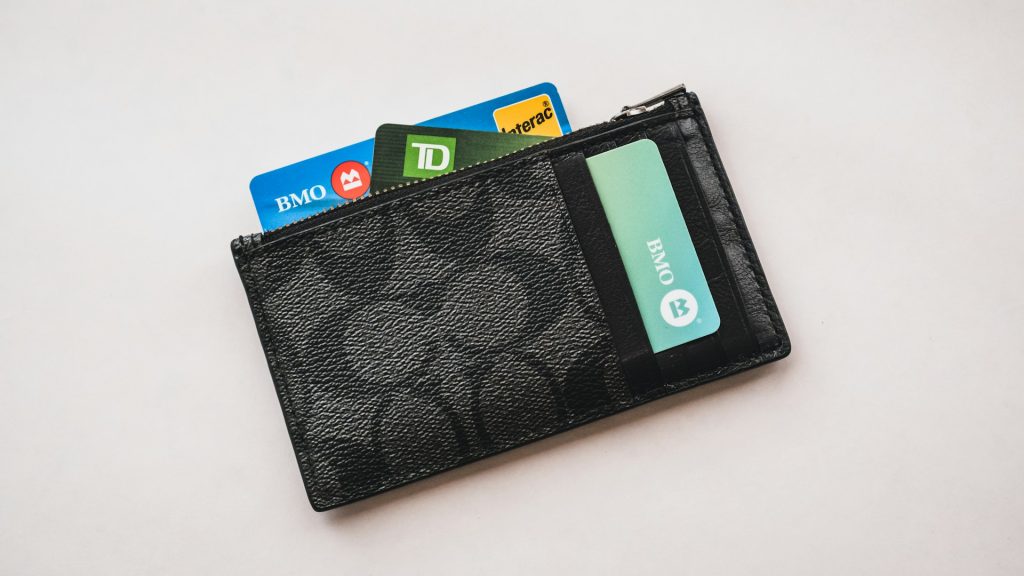The foreign exchange (FX) market can appear to be a daunting and confusing subject. However, it doesn’t need to be. That’s why CrewFO has put together this brief Glossary to try and help you better understand the most common jargon you will come across when exchanging your funds.

Jargon Here!
Basis point: Basis points, also known as bps (pronounced ‘bips’), describe the percentage change for an exchange rate. One basis point is equivalent to 0.01%.
Bid/Offer spread: The difference between the rate you can buy (bid) and sell (offer) a currency pair.
Broker: An FX broker is a firm or individual acting as an intermediary between a client and a bank. They can often achieve more favourable terms for their clients.
Cable: The GBP/USD currency pair is nicknamed ‘Cable’ because the rate was originally transmitted to the US via a transatlantic cable.
Currency symbols: All currencies can be abbreviated to a 3 three-letter symbol for example, USD (US dollar), GBP (British pound) or EUR (Euro).
Spread: This is the difference between the bid (sell) price and the ask (buy) price for each currency pair and represents the true cost to you of the currency you are buying.
Forward Contract: This allows you to fix an exchange rate for a specific amount and specific date in the future.
Interbank rate: This is the rate of exchange used between banks. This exchange rate is not usually accessible to the general public but is used by large institutions, corporations, and banks for ultra-high volume transactions.
Limit Order: Automatically executes an FX contract if the exchange rate moves to a more favourable rate than the current market.
Pips: A pip is the smallest whole unit price move that an exchange rate can make. Most currency pairs are priced out to four decimal places, and a single pip is in the fourth decimal place. E.g. the difference between a rate of 0.0020 and 0.0030 is 10 pips.
Rollover / Drawdown: A rollover in FX is the action of extending the value date on a contract. A drawdown is the opposite, meaning changing the value date of a contract to an earlier date than originally agreed.
Spot price: FX Spot rates are based on a 2 working day settlement period unless otherwise specified
Stop loss order: Automatically executes an FX contract if the exchange rate moves below a specific level. They are usually set to create a pre-determined worse case scenario to limit losses.
Value date: The date an FX contract needs to be settled with cleared funds on account. It also represents the first day the purchased currency can be transferred out.
Interested In Further Support?
Many yacht crew choose to engage the services of an independent currency broker who have years of experience working with individuals. They will speak to you in plain English making sure any necessary FX jargon is explained properly to help you understand the process. Their services are completely free of charge and they will take time to understand your specific FX requirements and priorities.
CrewFO is here for superyacht Crew when it comes to finance. For more information about CrewFO services, visit at: https://www.crewfo.com/

To keep up to date with the latest Superyacht Content News, click here.
Sign up to our Newsletter below:









.gif)

.gif)







